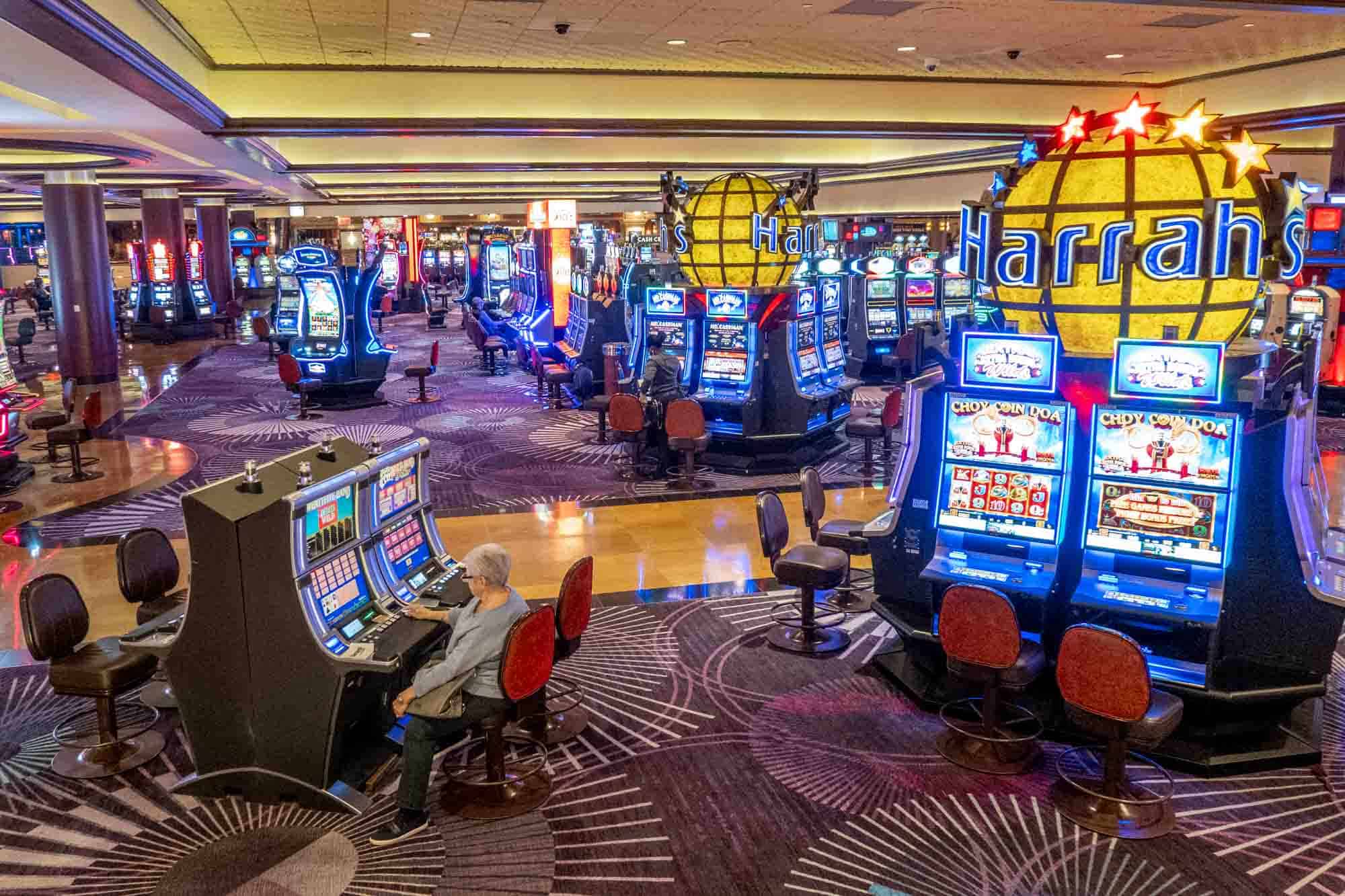
Casino games have fascinated players for centuries, transforming from easy diversions to intricate adventures that combine chance, skill, and entertainment. From the historical origins of gambling in cultures like Mesopotamia and Rome to the dazzling corridors of current casinos, the evolution of these games reveals much about the human experience and our connection with risk. As cultures have merged and technology has advanced, casino games have changed, mirroring societal changes and advancements in gameplay.
The earliest forms of gambling likely included basic dice-based games and betting on the outcomes of sporting events. Over time, these basic forms of gambling grew into more structured games like playing card games, the roulette wheel, and the myriad slot machines that line the floors of casinos today. Each era brought its unique rules, design elements, and cultural importance. Today, casino games persist in evolving with the rise of digital gaming platforms, enabling players from everywhere to participate in a common experience, further merging the traditional with the digital age.
Initial Beginnings of Casino Games
Casino activities have origins that reach back to ancient civilizations, where betting was profoundly embedded in social traditions and cultural customs. The initial known forms of betting developed in ancient Mesopotamia around three thousand BC, featuring simple die games made from bone material. These primitive games laid the groundwork for more complex betting activities, demonstrating human beings’ innate desire to pursue wealth and amusement through luck.
As societies evolved, so did their betting pursuits. In historic Chinese culture, around two thousand three hundred BC, tiles were discovered that looked like primitive rudimentary versions of a lottery activity. More organized forms of betting developed in the ancient Roman Empire, where games of luck were a common pastime, often occurring in community events. BET88 The ancient Romans developed different betting games, which included dice and table activities, showing the pervasive nature of betting across different social classes.
With the passage of time, these primitive games contributed to the development of modern gambling games. In the Middle Ages, card activities grew prevalent in Europe, paving the way for the organized gaming establishments we know today. The transition from casual betting to formal gaming in pubs and personal houses marked a major change in how people interacted with activities of chance, leading to the subsequent creation of casinos as specialized places for gambling.
The Rise of Contemporary Casino Gaming
The final 20th century marked a crucial transition in the realm of gaming, fueled by technological progress and transformations in societal views towards betting. The introduction of personal computers and the World Wide Web revolutionized the way players engaged with their beloved gaming experiences. Virtual casinos emerged, enabling enthusiasts to enjoy timeless table games like poker and 21 from the safety of their houses. This new online environment not only broadened availability to casino games but also drew in a younger audience who found the convenience and diversity tempting.
As digital gambling gained momentum, so did innovations in casino tech. The advancement of high-quality software and graphics transformed conventional gambling games into engaging adventures. Players could now connect with live dealers through live feeds, importing the vibe of brick-and-mortar casinos directly into their houses. This blending of live gaming with digital interfaces created a novel combination that enhanced the community element of gambling, allowing it possible for people to engage and compete with others around the world.
Moreover, the growth of mobile gaming substantially changed the gambling environment. With the widespread use of smartphones and tablets, players can play their beloved casino games anywhere, anytime. Mobile applications offer a wide selection of games optimized for mobile screens, serving the dynamic daily life of contemporary gamers. This accessibility has resulted in growing engagement in gambling, contributing to the surge of the gambling sector. As a result, the prospects of casino gaming continues to develop, adjusting to technological advancements and changing player expectations.
The Impact of Technology on Casino Games
The evolution of technology has significantly transformed casino games, improving the overall experience for players for gamblers globally. With the introduction of the internet, online casinos were created, allowing players to play their preferred games from the comfort of their homes. This change not only made casino games more accessible but also increased the variety of games available, as online platforms could offer many different versions of traditional games without the limitations of brick-and-mortar establishments.
Mobile technology further transformed the casino gaming landscape. With the proliferation, players can to engage in casino games whenever and wherever they want. This mobility has resulted in the development of dedicated mobile applications and optimized websites that provide seamless gaming experiences. Additionally, innovations such as live dealer games have delivered the genuine feel of a casino into players’ homes, bridging the gap between physical and online gaming.
Furthermore, advancements in artificial intelligence and virtual reality are paving the way for the next generation of casino games. AI enhances game design and player interaction, creating tailored experiences based on user behavior and preferences. Meanwhile, virtual reality provides immersive environments where players can interact in a simulated casino setting, making the gaming experience more exciting and lifelike. As technology continues to evolve, the future of casino games looks promising, filled with endless possibilities for advancements and entertainment.